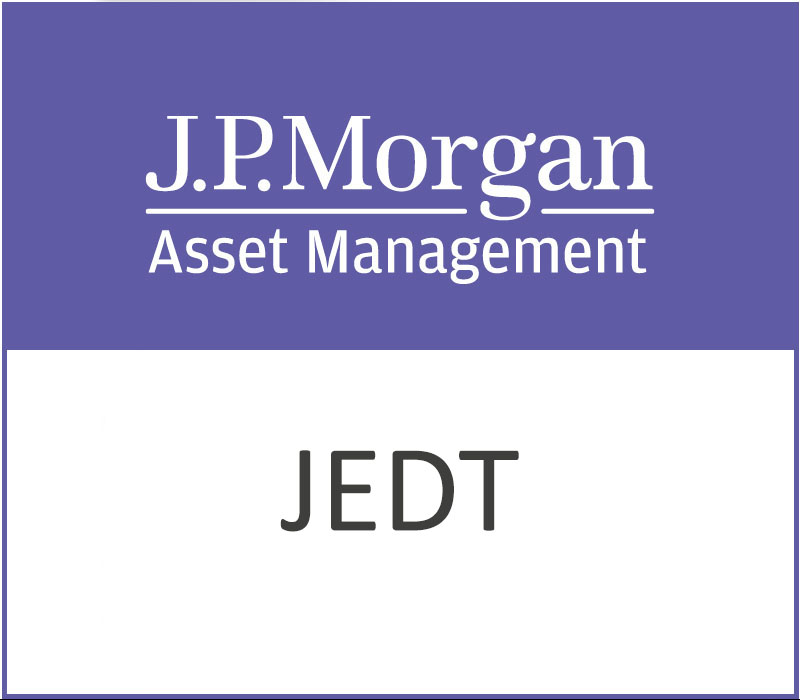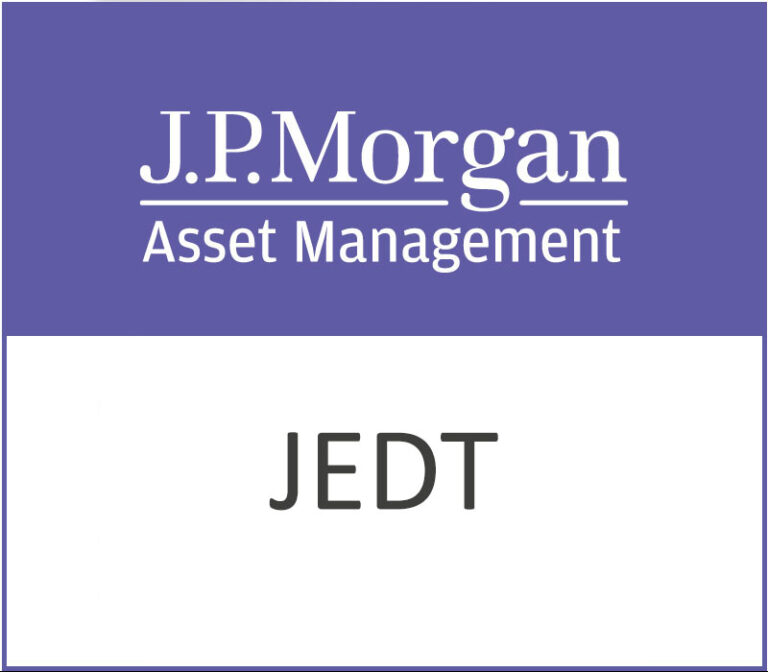Despite escalating global trade tensions and political uncertainty, European equities have demonstrated remarkable resilience, with the STOXX Europe 600 index achieving its longest streak of gains since 2021. Investors are navigating a complex landscape shaped by U.S. tariff policies, yet the European market’s performance suggests underlying strength and adaptability.
In the face of U.S. President Donald Trump’s recent imposition of a 100% tariff on foreign-made films and threats of additional levies on pharmaceuticals, European markets have shown surprising buoyancy. The STOXX Europe 600 index rose slightly by 0.1% on Monday, surpassing its April 2 level for the first time since the announcement of reciprocal tariffs. This uptick is notable, especially considering the closure of London markets for a bank holiday and the general atmosphere of caution among investors.
Corporate earnings have played a significant role in bolstering market confidence. European firms are reporting earnings significantly ahead of expectations, with earnings growth of 3.8% so far, outpacing pre-season estimates. Notably, UBS reported a 32% increase in revenues within its global markets unit, attributing this growth to gains from market volatility spurred by tariff announcements. Similarly, Barclays experienced a 19% jump in pre-tax profit, revising its 2025 income forecast upward due to robust performance in its trading operations.
However, the broader economic landscape remains complex. Germany’s DAX index fell by 1.6% following conservative leader Friedrich Merz’s failure to secure a parliamentary majority, delaying the formation of a new coalition government. This political uncertainty, coupled with ongoing concerns about U.S. tariff policies, has contributed to a cautious investor sentiment.
In the UK, business activity declined in April for the first time since October 2023, driven by weakening global trade conditions and heightened tariff tensions. The S\&P Global UK Services PMI dropped to 49.0, and the Composite Output Index fell to 48.5, both signalling contraction. Export orders saw the steepest decline since February 2021.
Despite these challenges, certain sectors are exhibiting resilience. Consumer staples, utilities, and technology sectors are highlighted as areas with inherent strengths or market undervaluation, potentially offering stability amid the broader market volatility.
Looking ahead, investors are closely monitoring upcoming interest rate decisions by the U.S. Federal Reserve and the Bank of England, as well as potential developments in U.S.-China trade negotiations. The European market’s recent performance underscores its capacity to adapt and thrive, even amid global economic headwinds.
The European stock market has demonstrated resilience in the face of escalating global trade tensions and political uncertainties. Strong corporate earnings, particularly in the banking sector, have contributed to the market’s positive performance. However, challenges persist, including political instability in Germany and declining business activity in the UK. Investors are advised to remain vigilant, focusing on sectors with inherent strengths and monitoring upcoming economic policy decisions.
JPMorgan European Discovery Trust plc is an investment trust company. The Investment Trust JEDT objective is to achieve capital growth from a portfolio of quoted smaller companies in Europe, excluding the United Kingdom.





































